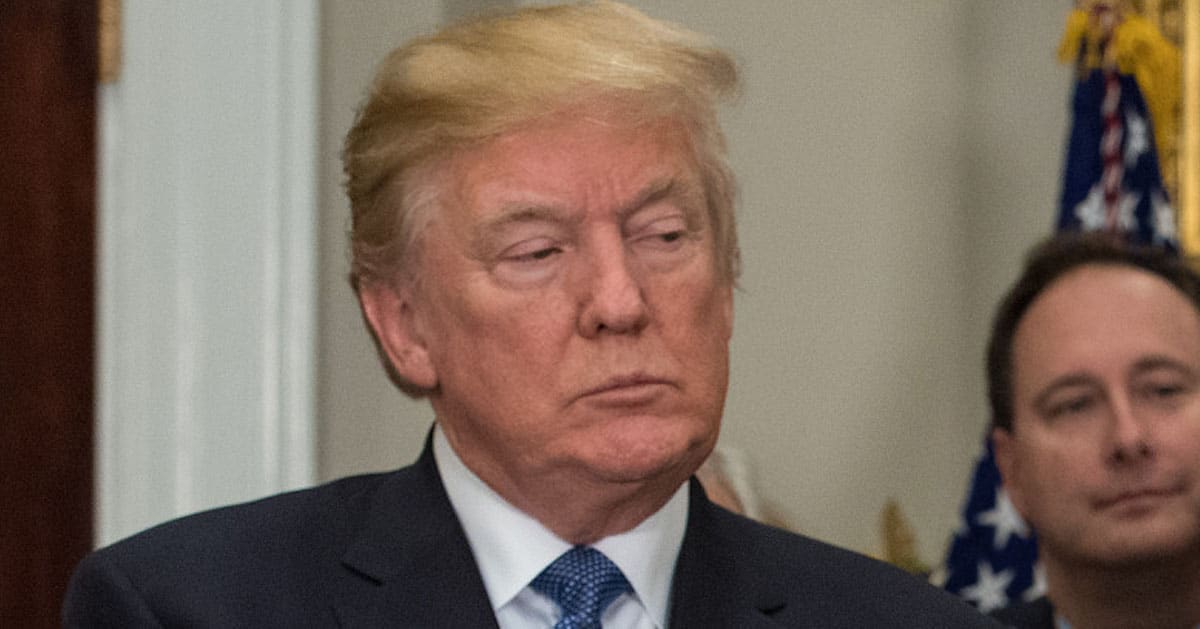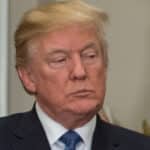



Vice President JD Vance is keeping his eyes on the present but isn’t ruling out a White House run in 2028.
The New York Post reported that on Saturday night, he joined Lara Trump on her show “My View” and dodged a direct commitment to a future campaign. His coy response has conservatives buzzing about his potential.
Vance appeared on the program and addressed speculation about his political future while emphasizing his current role.
He refused to confirm a 2028 bid, instead focusing on his duties as vice president. His calculated sidestep suggests a man aware of the spotlight but unwilling to jump too soon.
“If we do a good job in 2025 and 2026, then we can talk about the politics in 2027,” Vance said. This quip shows his pragmatic streak—focus on the job now, let ambition simmer. It’s a refreshing break from politicians who campaign for the next gig before the ink dries on their oath.
Vance’s upbringing, marked by family chaos and economic struggle, resonates with many Americans.
His hardscrabble background fuels his national appeal, casting him as a relatable figure who climbed from adversity. Contrast that with the polished elites often peddling progressive promises.
He’s not one to daydream about future campaigns, or so he claims. “I really think the American people are so fed up with folks who are already running for the next job, seven months into the current one,” Vance said. That’s a sharp jab at careerist politicians who treat public service like a LinkedIn ladder.
Vance’s focus remains on his vice-presidential role, which he calls one of the most important jobs he’s ever had, second only to fatherhood.
His emphasis on family over political scheming strikes a chord with conservatives who value authenticity. It’s a subtle dig at those who prioritize power over principle.
President Donald Trump’s leadership style clearly shapes Vance’s approach. Vance praised Trump’s relentless work ethic, noting the president’s habit of calling at all hours—12:30 a.m., 2 a.m., or 6 a.m.—to discuss policy or strategy. That kind of energy could exhaust lesser men, but Vance seems invigorated.
“Sometimes, the president will call you at 12:30 or 2 a.m., and then call you at 6 a.m. about a totally different topic,” Vance said.
He paints Trump as a leader with no “off switch,” a quality that energizes supporters but frustrates critics. It’s a reminder of the MAGA movement’s unrelenting drive.
Vance also lauded Trump’s ability to delegate and trust his team, which he says makes his role enjoyable. This trust, he noted, allows him to tackle issues directly while Trump steers the broader vision. It’s a dynamic that counters narratives of Trump as a micromanaging autocrat.
Vance acknowledged that 2028 will see a crowded field of Republican hopefuls. “There are a lot of great people,” he said, hinting at a competitive primary. His humility here is strategic—acknowledging rivals while quietly positioning himself as a contender.
He didn’t mince words about potential Democratic opponents, calling their records “obviously very bad.” It’s a polite but pointed critique, sidestepping personal attacks while questioning their governance. Vance knows conservatives want fighters, not name-callers.
“If I do end up running, it’s not going to be given to me,” Vance said. He’s right—nothing in his life, from his turbulent childhood to his political rise, was handed to him. That grit could make him a formidable candidate if he chooses to run.
Vance’s reluctance to commit to 2028 is less about indecision and more about discipline. He insists that doing well now will pave the way for future opportunities. It’s a calculated stance that keeps his options open without alienating Trump’s base.
His comments suggest a timeline: excel in 2025 and 2026, then weigh political moves in 2027. This methodical approach contrasts with the chaos of progressive agendas that often prioritize optics over results. Vance’s clarity is a quiet rebuke to that mindset.



